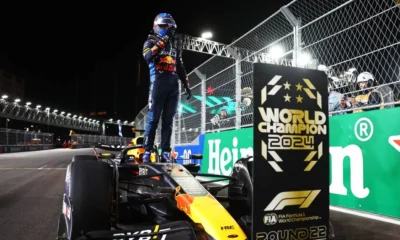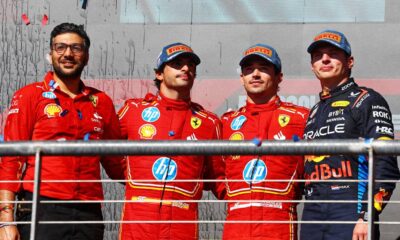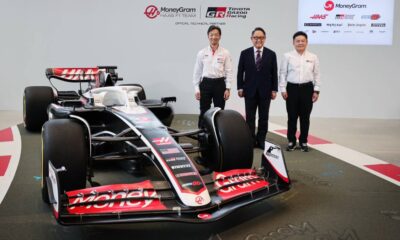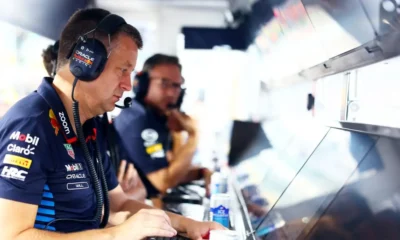Motorsport
Hydrogen as the fuel of the future? Alpine F1 team explores options in detail, Rossi has reservations about all-electric engine
Last week, the International Automobile Federation (FIA) already approved new regulations regarding powertrains that will run on sustainable fuel. However, the French Alpine F1 team is already investigating whether Formula 1 cars could run on hydrogen in the future.
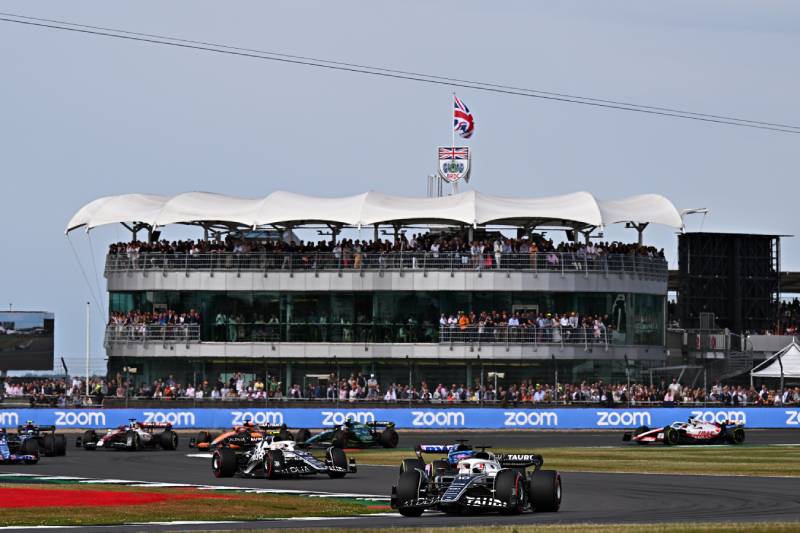
Last week, the International Automobile Federation (FIA) already approved new regulations regarding powertrains that will run on sustainable fuel. However, the French Alpine F1 team is already investigating whether Formula 1 cars could run on hydrogen in the future.
While the FIA has already approved new regulations last week for power units that will be powered by 100% sustainable fuel from 2026 to 2030, there is still discussion about the distant future when the ban on the sale of cars with internal combustion engines comes into force.
In fact, it is unlikely that batteries and electric motors will be powerful enough to power Formula 1 cars at their current performance level from 2031.
According to the latest information, the Alpine F1 team is therefore exploring the available alternatives, with the most realistic one being a switch to hydrogen power. The French team has begun to look in detail at the advantages and disadvantages of such a power unit.
“I don’t think a fully electric engine is ready. Maybe in 15 years it will be, but I don’t see it in the next iteration or two of the regulations,” Alpine CEO Laurent Rossi told Motorsport.
But Rossi is far from alone in having some reservations about pure electric propulsion. Many experts, not just from the racing world, have said motorsport should not go down this route alone. This is because it is far from the only correct alternative.
Moreover, the European Union regulation banning the sale of combustion-engined cars is based on studies that are allegedly not backed up by motorsport data. And whether we like it or not, motorsport has been setting trends in the automotive industry for decades. The reason is quite simple.
Whether it’s Formula 1, the WRC or other racing series, it’s the motorsport environment that has always been technologically ahead of the curve, employing some of the brightest minds on the planet.
Hydrogen as an ideal alternative?
“That’s why we’re looking into it, because I believe that manufacturers, and especially powertrain manufacturers, have a duty to shape regulations and bring solutions. We are exploring hydrogen as a fuel,” Rossi added.
“It’s not a completely clean way, of course, but it’s much better compared to traditional fuel. There is plenty of it, whereas organic or synthetic fuel can be limited in terms of supply or cost of production. In addition, it preserves one thing, and that is noise,” he explains.
“If it works, then we would like to eventually demonstrate it either at Garage 56 in Le Mans or at the Nürburgring with one of our road cars equipped with a hydrogen internal combustion engine. This may then inspire the governing bodies that there is a way forward,” he concluded.
Sources: Alpine F1, Motorsport

